Mother to Mother Project Transforming Maternal and Child Health in Kilifi
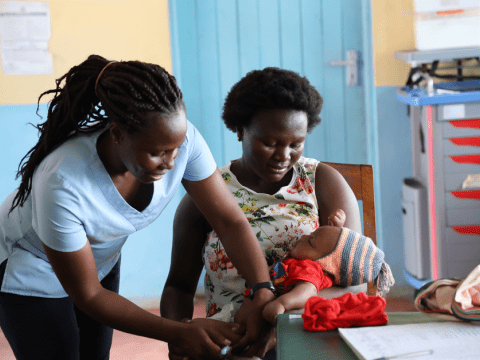
It is a sweltering afternoon in Rimarapera, within the Bamba Area Programme (AP) of World Vision, located in Kilifi County, Kenya. This area is known for its arid and semi-arid climate, but today, clouds are forming, signaling the imminent arrival of rain. Women can be heard conversing in hushed tones as they move about the Rimarapera Dispenspary in disbelief. The Mother to Mother project has undeniably sparked a newfound sense of hope within them.
According to the Kenya Demographic and Health Survey (KDHS) 2022, the prevalence of stunting is higher among children living in rural areas (20%) compared to those in urban areas (12%). Kilifi experiences significant maternal and child health challenges, leading the country with the highest stunting rate at 37% among children under the age of five.
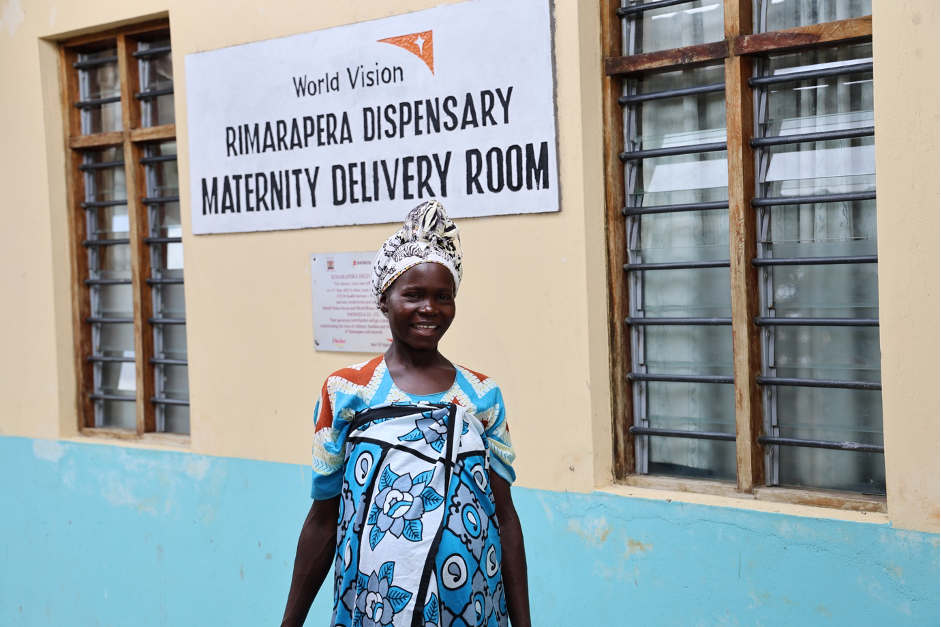
Kanze Karisa, a mother of six, lives in Bamba, Kilifi County. Kanze is attending her routine antenatal care clinic and checkup at the new health facility constructed by World Vision, just a stone-throw from her home. Reflecting on her past experiences, Kanze vividly recalls the arduous journey spanning over six kilometers that she used to undertake to access maternal health services.
"It was challenging during my previous pregnancies," she reminisces, "as I had to navigate through the lonely and dangerous forest on my way to the hospital. I was scared of encountering wild animals on the way. As you can see, the roads here are also impassable especially during rainy seasons, so even accessing hospital was a nightmare."
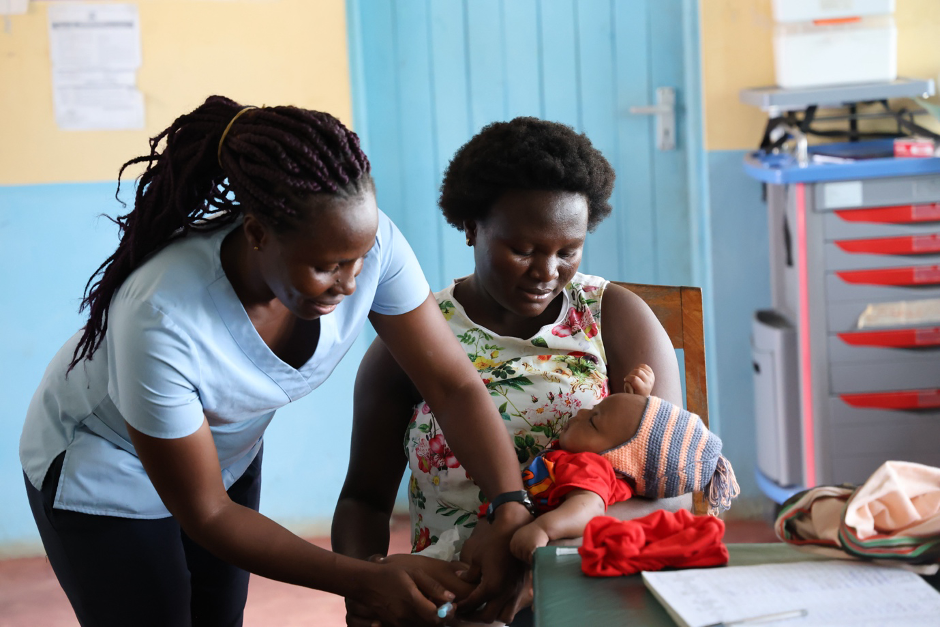
Kanze now expresses profound gratitude for the Rimarapera Health Facility, which has significantly enhanced the health situation especially for pregnant and lactating mothers. "Thanks to the opening of this new dispensary," she explains with relief, "I no longer have to spend over Ksh. 300 on transportation to reach the nearest health facility for maternal health services. Now, I can simply walk to the maternity wing and access quality services. This has allowed me to save the money I used to spend on transportation, and instead, allocate it to other needs, such as paying school fees for my children."
Since April 2020, World Vision Kenya in partnership with the County Government of Kilifi and the local communities, have been implementing the Mother to Mother initiative, a three-year project supported by World Vision Japan and funded by SHIONOGI. The project aims to enhance maternal and child health for 28,196 pregnant and lactating women and children under five years. This initiative is directly benefiting 49,310 community members in Bamba and Jaribuni wards in Kilifi County.
Through the project, World Vision has constructed and equipped three modern maternity wards in Rimarapera, Midoina, and Jaribuni. Additionally, a twin house for Rimarapera staff has also been built. To improve access to clean water and address water and sanitation challenges, the project installed 100m3 tanks in the Midoina and Jaribuni dispensaries, and a 50m3 tank in the Rimarapera dispensary. Furthermore, an 800m pipeline extension to a 50m3 tank has been completed at Maya Island Primary School, ensuring that the school has access to safe and clean drinking water. This aims to combat cholera and other waterborne diseases among school children.
Selin Kache, a nurse and Facility-in-Charge at Rimarapera Dispensary, reflects on the challenges faced by pregnant and lactating women. "There was no privacy in our dispensary wards, so deliveries were minimal since some women opted for home deliveries, which is dangerous. I am happy that today, a mother in Rimarapera can deliver with dignity because
of this modern facility."
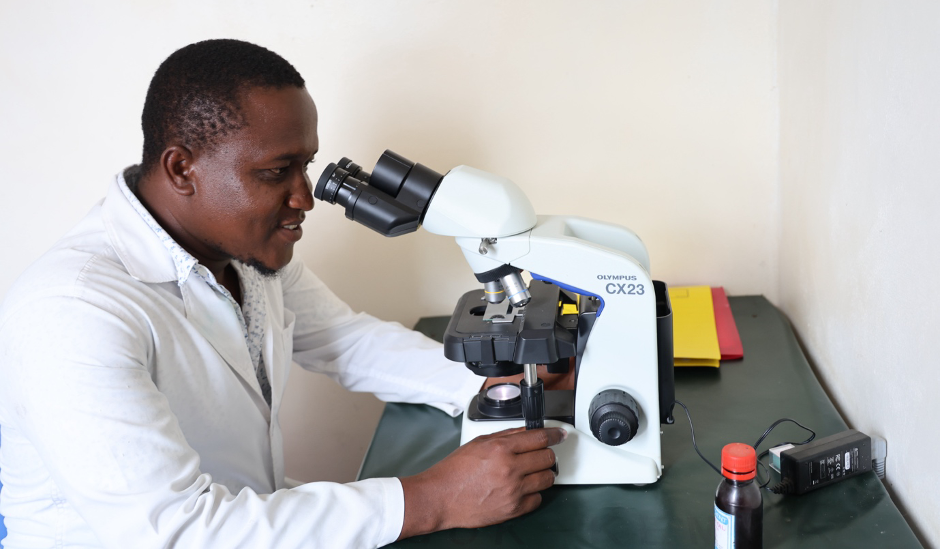
Midoina and Rimarapera dispensaries, as well as Bamba Sub County Hospital, have been equipped with a solar power generation system, ensuring a reliable power supply for all medical services. Selin further details the challenges they encountered when storing vaccines in a hospital that previously lacked electricity altogether. She explains, "The solar system has been enhanced to store antigens for immunization. Initially, we had to replenish it with gas to activate the antigens.”
She adds, "The facility, lacked electricity connection, making it difficult when dealing with emergency cases of patients during the night. The surrounding neighborhood also experienced frequent power surges, exacerbating the already challenging conditions."
“With support from World Vision,” Selin further reports, “we have successfully conducted monthly mobile integrated outreaches in 6 sites, leading to improved access to health care for over 4000 people in this community.”
Margaret Waka, a World Vision Project Officer based in Bamba Area Programme (AP) reports that the project has witnessed great transformation in the lives of many mothers, children and families in Kilifi County. “Our commitment to improving access to healthcare, improving the sanitary conditions, and reducing childhood diseases - a major concern - has positively transformed the lives of boys and girls, and mothers."
To foster project sustainability, 10 teachers from six local schools have also been trained by the project. These educators have established health clubs equipped with hand washing facilities to ensure that school children take the lead in promoting good health practices.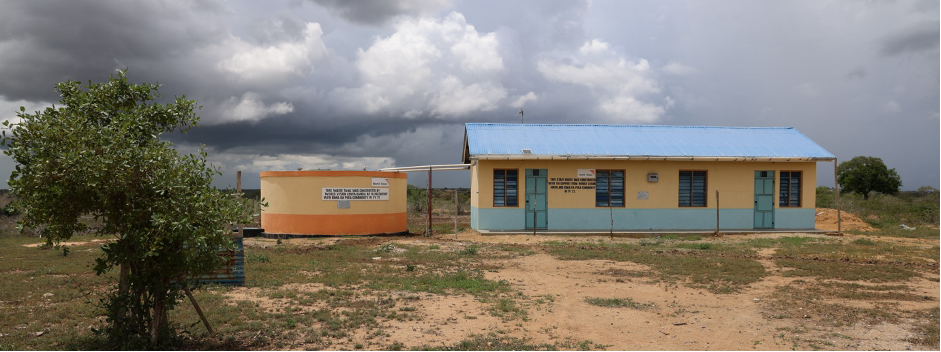 By Felix Pilipili, Communications Specialist, World Vision Kenya
By Felix Pilipili, Communications Specialist, World Vision Kenya